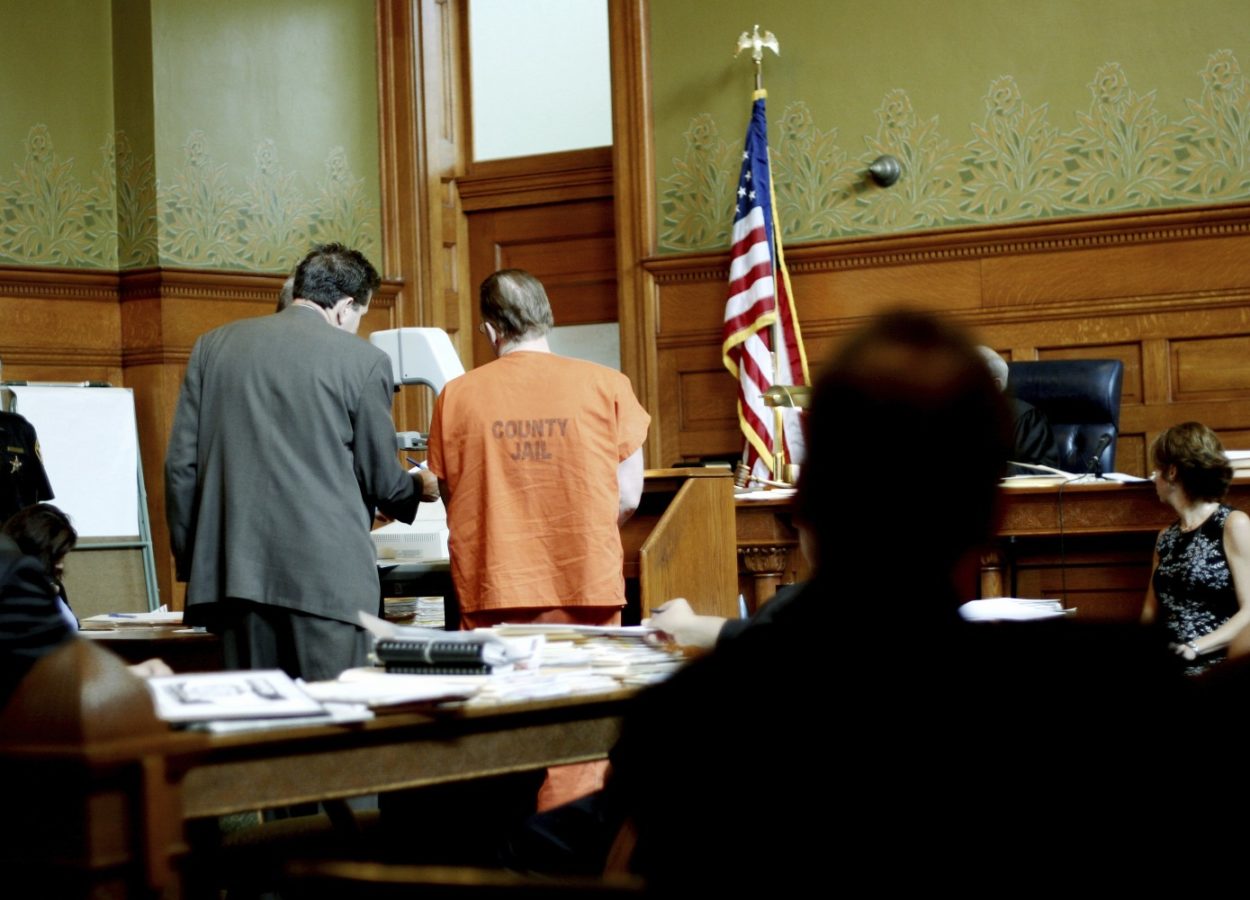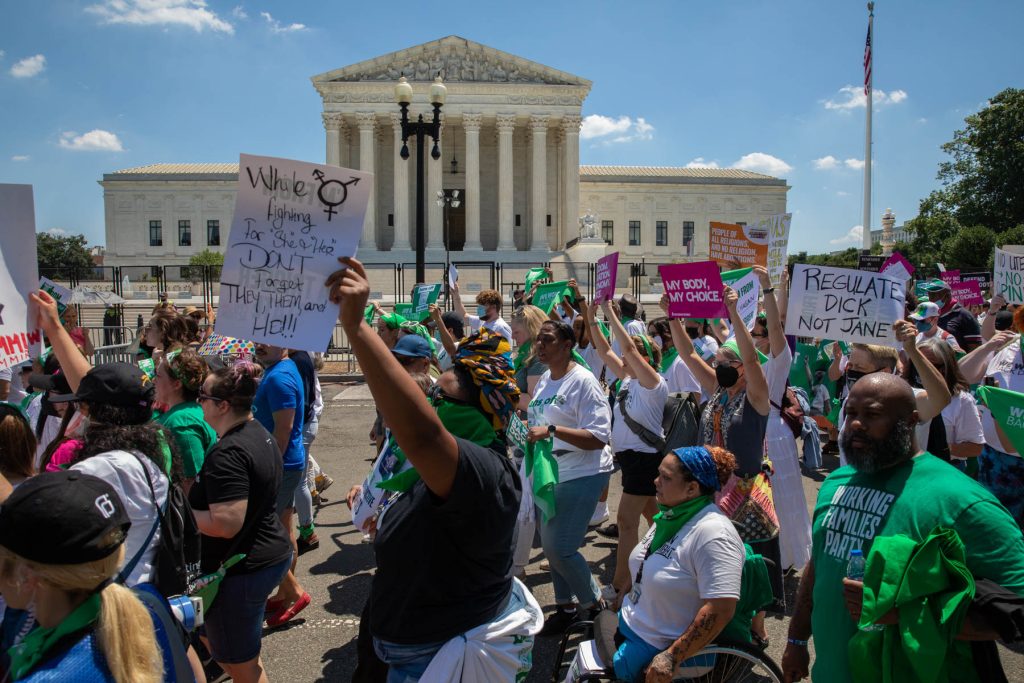The Senate passed what may become one of the landmark pieces of this legislative session, passing a proposed constitutional amendment that would remake the bail process in New Mexico in two major ways.
The Senate passed the bill 29-9, with all Democrats voting for the proposal except for two who did not vote. Several Republicans joined with the Democrats to vote for the proposal.
Sen. Peter Wirth, D-Santa Fe, sponsored the legislation and said that there are two components that the proposal attempts to fix.
“The first is under the current law, judges only in very limited circumstances have the ability to hold a dangerous defendant pre-trial without granting bail,” Wirth says. “Second, under our current status quo, many defendants who are non-dangerous are being held simply because they do not have the financial resources to post bail.”
It was this second part that dominated the debate on the proposal, including a floor amendment by Sen. Mark Moores, R-Albuquerque, that sought to excise that provision from Wirth’s proposal.
“If we really want to be serious about changing this, we shouldn’t be muddling this issue,” Moores said. He said that he thinks the two issues are separate and if they were to go on the ballot, they should do so separately.
“Let’s be clear about this,” Moores said. “This isn’t about keeping people in prison because they’re poor.”
After about an hour of debate, Senators voted down the amendment despite Moores’ concerns and the concerns of others. The amendment would have made it identical to HJR 13, which is working its way through the House.
Others said that judges can already release defendants on their own recognizance and so the second section is not needed.
Sen. Cliff Pirtle, R-Roswell, said that judges can already set a bond so low that anyone can afford it. He mentioned a bond of one penny.
Others said it would destroy the bail industry in New Mexico.
“Unfortunately in the United States of America, money talks,” Sen. Lisa Torraco, R-Albuquerque, said. “And I have concerns that the bill is going to abolish, or is a step towards abolishing the bail industry.”
Sen. Daniel Ivey-Soto, D-Albuquerque, said that the language actually “affirms the place of the bail bonds industry.”
“It seems to me that we have a lobbyist who is currently very, very interested in this,” Sen. Bill Sharer said, with a not-so-veiled reference to Supreme Court Justice Charles Daniels, who has supported the bill.
Sharer saw Daniels’ lobbying as the judicial branch overstepping their authority and meddling in the affairs of the legislative branch.
Wirth agreed this was unusual and noted that Gov. Susana Martinez, part of the executive branch, testified about a bill in her first year.
At least one Senator thought that defendants who cannot afford bail staying in jail was a good thing.
Sen. William Burt, R-Alamogordo, said that he believed nine out of every ten people in jail committed a crime and sitting in jail was like “tough love.”
“These are starter criminals,” Burt said. “And this gives them more time in jail to think about the consequences of their actions.”
Sen. Cisco McSorley, D-Albuquerque, said that people do not sit in jail and think about the consequences of their actions.
“These are criminal colleges. They’re not rehabilitation centers,” McSorley said. “They’re colleges for criminals.”
He also noted that this was pre-trial and not post-conviction.
“Why should we be slapping somebody’s hand before they’re convicted of anything?” he asked. “To me, that’s backwards.”
Sen. Joseph Cervantes, D-Las Cruces, recused himself because of a direct financial conflict and Sen. Richard Martinez, D-Espanola, walked out shortly before the vote.
The bill now heads to the House. If it passes the House, the ballot question would go to the voters for approval.


















